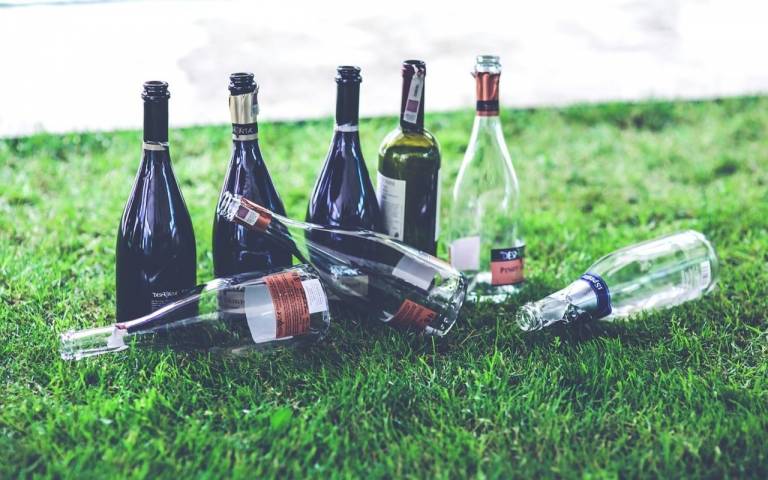Shy people more prone to anxiety during hangovers
14 December 2018
Very shy people are more likely to suffer “hangxiety” – anxiety during a hangover – than their extrovert friends, finds a new study led by UCL and University of Exeter researchers.

The findings, published in Personality and Individual Differences, could inform how campaigns or treatments to reduce heavy drinking could be tailored to different people.
“While alcohol use is actually going down, there are still 600,000 dependent drinkers in the UK,” said first author Beth Marsh (UCL Clinical Psychopharmacology Unit).
“And while statistics show that, overall, people are drinking less, those with lower levels of health and wellbeing – perhaps including people experiencing anxiety – are still often doing so.”
In the study of almost 100 social drinkers with either high or low levels of shyness, drinking about six units of alcohol slightly decreased anxiety in highly shy people.
But the next day, this slight relaxation was replaced by a significant increase in anxiety – a state of “hangxiety” among the shy drinkers.
The researchers also found a strong link between this hangxiety and higher scores on the AUDIT test which is used to identify alcohol use disorder (AUD) in highly shy people
“We know that many people drink to ease anxiety felt in social situations, but this research suggests that this might have rebound consequences the next day, with more shy individuals more likely to experience this, sometimes debilitating, aspect of hangover,” said senior author Professor Celia Morgan, of the University of Exeter.
“These findings also suggest that hangxiety in turn might be linked to people’s chance of developing a problem with alcohol.”
“It’s about accepting being shy or an introvert. This might help transition people away from heavy alcohol use. It’s a positive trait. It's OK to be quiet.”
Participants in the study, who were tested at home, were assigned at random either to drink or to stay sober.
Baseline measures of shyness, social phobia and AUD were taken, and anxiety levels were tested again during the evening and the following morning.
The research was supported by the Medical Research Council.
Links
- Research paper in Personality and Individual Differences
- UCL Clinical Psychopharmacology Unit
- UCL Psychology & Language Sciences
Image
- Source: Pixabay
Media contact
Chris Lane
Tel: +44 (0)20 7679 9222
Email: chris.lane [at] ucl.ac.uk
 Close
Close

